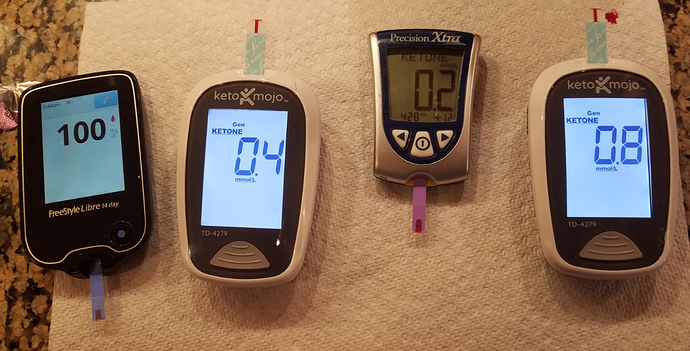First, liver glycogen must be low to cause the need for ketogenesis. Insulin must be low enough to allow release of free fatty acids into the bloodstream from fat cells, and insulin will halt the production of ketones.
Just how low insulin needs to be for these various things is a bit of a mystery. I remember Richard saying it’s around 13 for the lipolysis part of it. So, if you have naturally high fasting insulin, it’s going to be a stuggle. If you have an elevated insulin release reaction to protein, you’re going to have diminished ketone levels. And let’s not forget glucagon - an altered insulin:glucagon ratio would affect liopoysis but maybe not alter ketone production otherwise(?). [I need to look into the liver side of the equation more]
My pet theory is you can directly relate insulin levels to GKI.

 Ok so I have a lot more reading now and reviewing. Who is Richard?
Ok so I have a lot more reading now and reviewing. Who is Richard?


